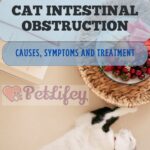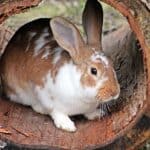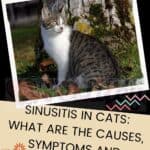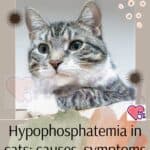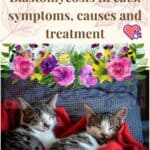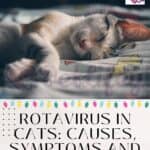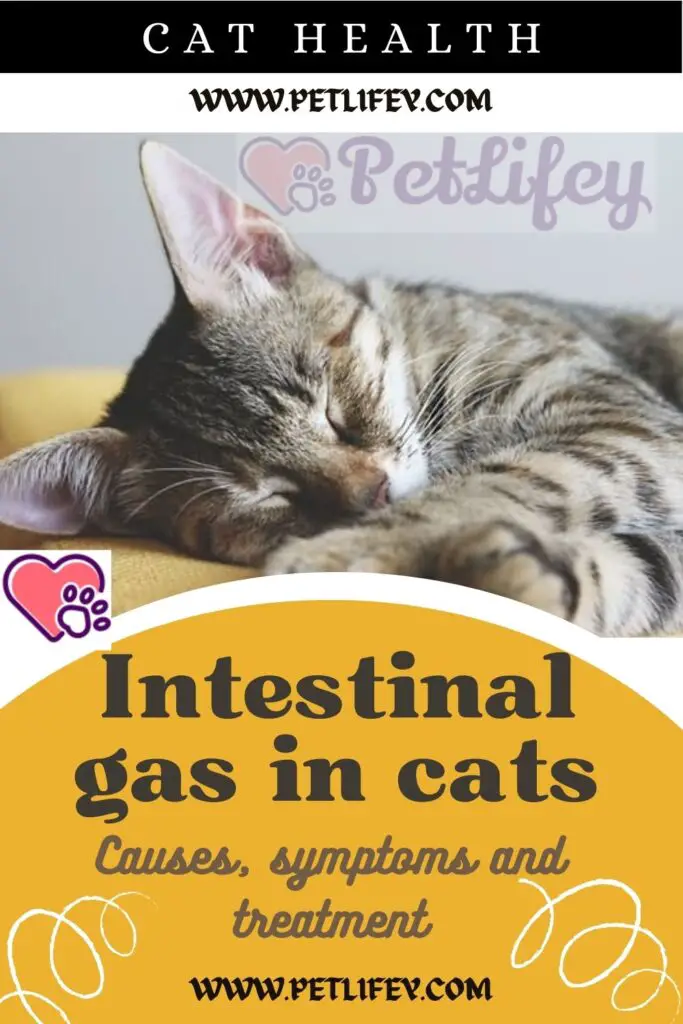
Intestinal gas in cats, let’s see what the causes, symptoms, diagnosis and treatment. Is it possible to prevent this condition in the feline?
Some breeds of felines are more prone to intestinal gas in cats. Among these we have basically the brachycephalics, such as the Himalayas or the Persians who, given the formation of the face, are more prone to store air in the body.
If you notice that your cat is releasing gas, both from the anus and from the mouth, then you will know that the signs of bloating in your pet are due to intestinal gas in the cat.
Causes of intestinal gas in cats
Most of the time the cause of intestinal gas in cats comes from the presence of air in the belly of the feline, so one of the main causes is that the cat eats too fast. Another reason is because he started eating immediately after running.
But the most common cause of excess intestinal gas in cats is related to diet. Unfortunately, there are several poor quality foods on the market that contain large amounts of carbohydrates and these products generally cause flatulence in puppies.
Other foods can also lead to this ailment and mainly involves: soy, dairy products or diets with high levels of fat. The presence of intestinal gas in cats can also be caused by gastrointestinal diseases.
This type of disease is very common in cats and can be deduced from some symptoms in the feline, such as vomiting and diarrhea. Same symptoms if irritable bowel syndrome determines the problem.
Furthermore, a malfunction of the pancreas which then becomes pancreatitis in the cat, can also be the cause of the presence of intestinal gas in the cat.
Finally, excess gas can be a symptom that your cat has developed one of the following problems and needs to see a veterinarian:
- inflammatory bowel diseases;
- an intestinal virus;
- gastrointestinal cancer;
- worms or other parasites;
- pancreatic problems;
- intestinal obstruction in cats.
Symptoms of intestinal gas in cats
In addition to the symptoms of flatulence, being an odorless gas it is better to keep in mind other signs, such as:
- noises in the gastrointestinal tract;
- abdominal pain;
- bloated stomach;
- lack of appetite;
- weight loss;
- He retched;
- cat diarrhea.
It will be advisable to take your cat to the vet if the following symptoms occur along with the presence of intestinal gas: excessive salivation and blood in the stool.
Diagnosis and treatment
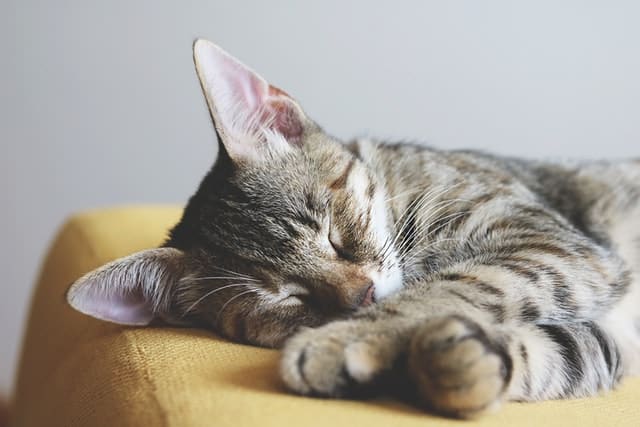
In order to make a correct diagnosis, the veterinarian will ask the owner of the animal certain questions regarding the lifestyle and diet of the cat. This will tell the doctor if the abdominal bloating that generates intestinal gas is due to food.
In addition to support your diagnosis, you may also perform a physical exam to check for any health problems that can cause gas, and certain diagnostic tests , such as blood tests, urinalysis, stool tests, and / or x-rays. abdomen.
When it comes to treating this condition, there are several ways to deal with it. First of all, it must be said that the best way to avoid flatulence in cats is prevention.
It is necessary to give the cat an active lifestyle, with regular exercises or to make sure that the cat’s diet is made up of highly digestible foods and above all to observe that the animal does not get food by itself, rummaging in the garbage or eating its own feces. (cat coprophagia).
However, the vet will decide on any treatment. Certain medications and natural remedies that can relieve symptoms of bloating in cats, such as zinc acetate, pancreatic enzyme supplements, bismuth subsalicylate.
To prevent the cat from suffering from intestinal gas, it is advisable to give it a food rich in animal proteins and low in cereals and derivatives. A correct diet divided into small meals a day and a good dose of physical exercise greatly reduces the risk that the cat can suffer from flatulence.
If despite all the precautions the problem of flatulence still continues to persist, it could be a disease of the digestive system. In this case, it will be the doctor who will have to intervene in an adequate and appropriate way to the disease that has given rise to this.

